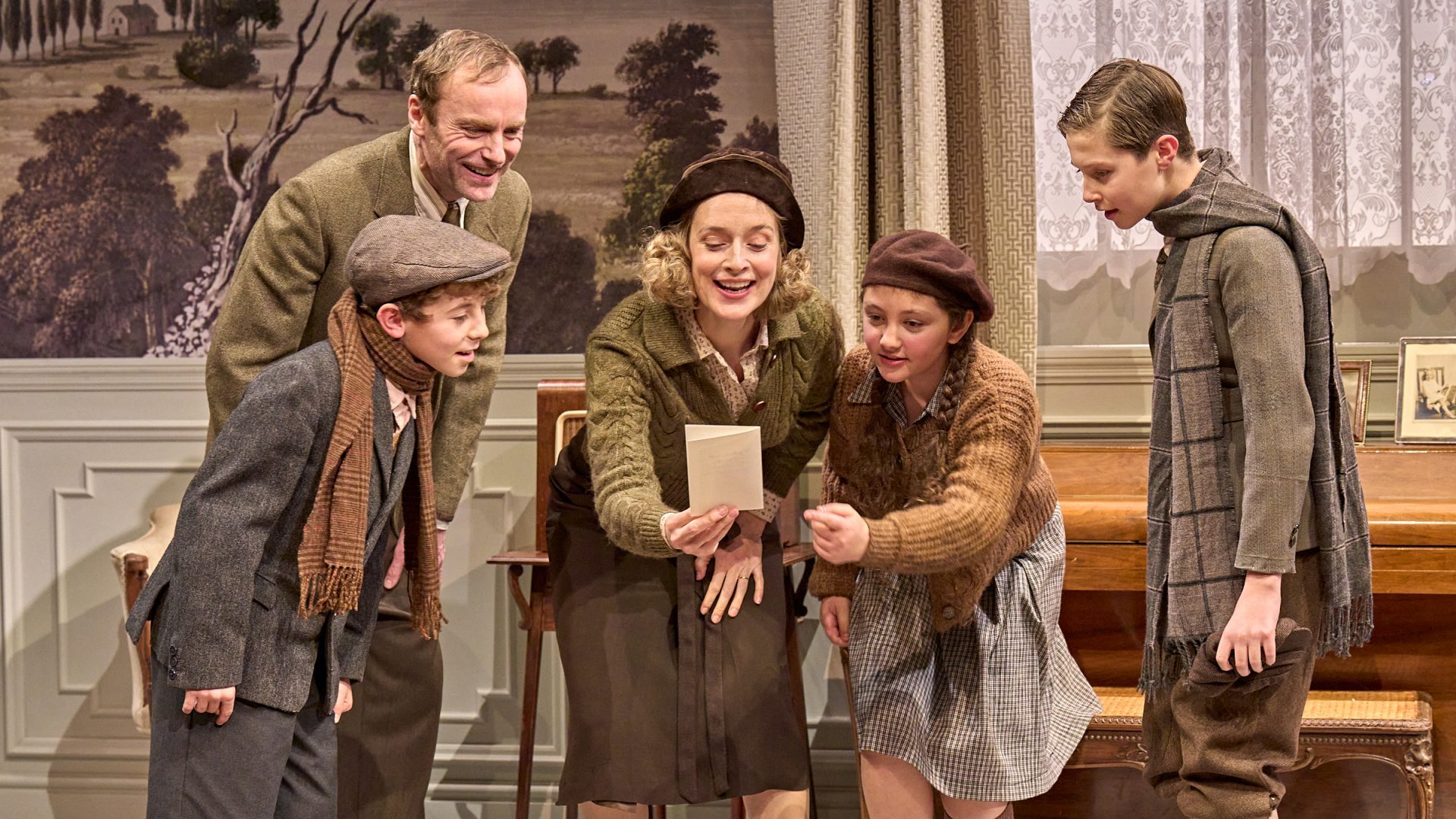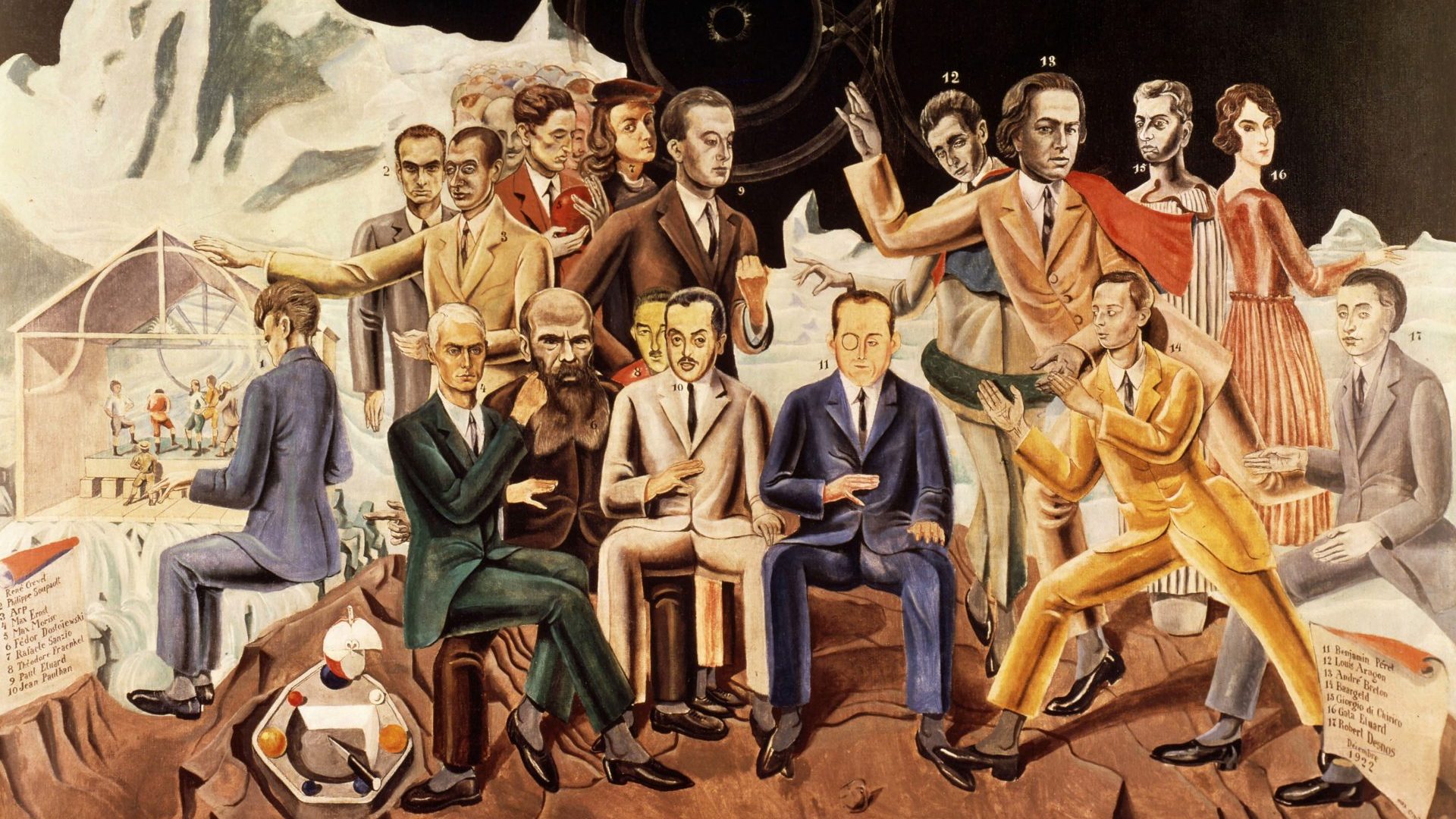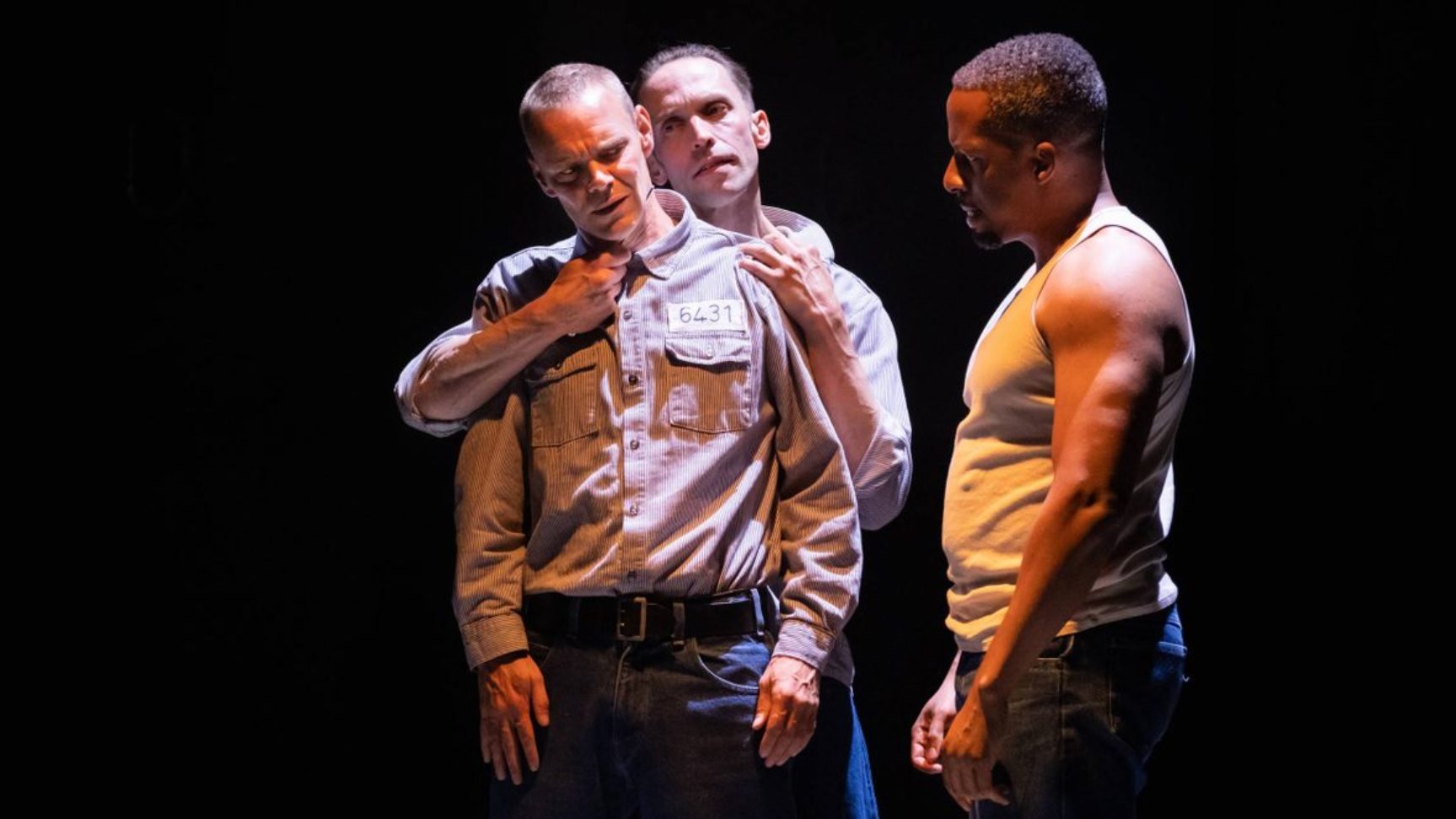Watch on the Rhine
Donmar, London, until February 4
With a grim inevitability, the great Donmar Warehouse theatre is being starved of resources by this wretched government. In this incompetocracy in which we now live, anything that’s any good seems to be imperilled.
The venue could have just lost heart, but it’s coming out fighting. After the
superb The Band’s Visit just before Christmas, its production of Lillian Hellman’s play Watch on the Rhine once again makes the point compelling
enough that this is a centre of theatrical excellence. The play was written in
1941 so it is dated in some respects, but its message is timeless enough: tyranny has to be challenged, and, if it’s not, the tyranny gets a great deal worse.
Patricia Hodge plays a grand old American matriarch named Fanny who, as America is still dithering about whether to involve itself in a war against Adolf Hitler, welcomes back into her elegant Washington townhouse her daughter Sarah (Caitlin FitzGerald), her German husband Kurt (Mark Waschke) and their three children after a couple of decades in Europe.
Fanny’s daughter and son-in-law have seen first hand the full horror of the
Nazi regime and their experience challenges her complacent and well-heeled liberalism. Hellman clearly had a noble agenda when she wrote her
play and as a result, she has created not so much characters as arguments in
human form for America to recognise the moral responsibility it then had to the people of Europe.
The actors do what they can to bring their characters alive, however, and Waschke is especially compelling in his scenes with Hodge and I would say acts her off the stage. Carlyss Peer makes the most, too, of her underwritten role as the Countess de Brancovis, Kate Duchêne has a lot of fun as a spirited
housekeeper named Anise, alongside David Webber’s wily old butler, Joseph,
and John Light is a splendidly Dick Dastardly-ish Romanian count. As the
children, Billy Byers, Chloe Raphael and Bertie Caplan bring some much-needed warmth to the piece. The stand-out performance is almost certainly that of Geoffrey Streatfeild as Fanny son’s David who seems a lightweight in his early scenes, but finds his voice and his real personality as he realises what the human race is up against in Hitler.
The period is well evoked in Josh Middleton’s renditions of some old Weimar songs, Basia Bińkowska’s classy design and Ellen McDougall, the director, makes it all feel a lot more than the sum of its parts.




